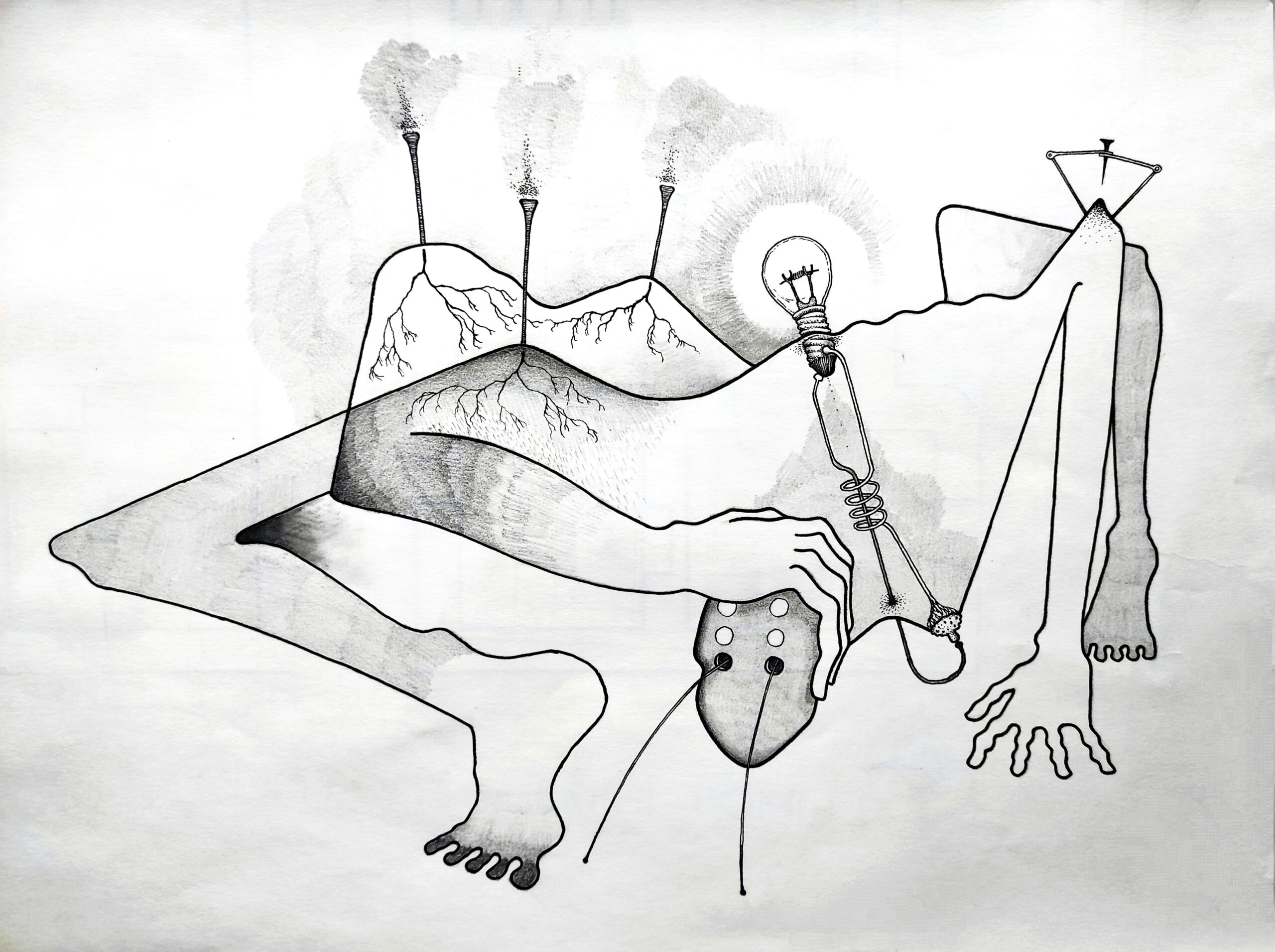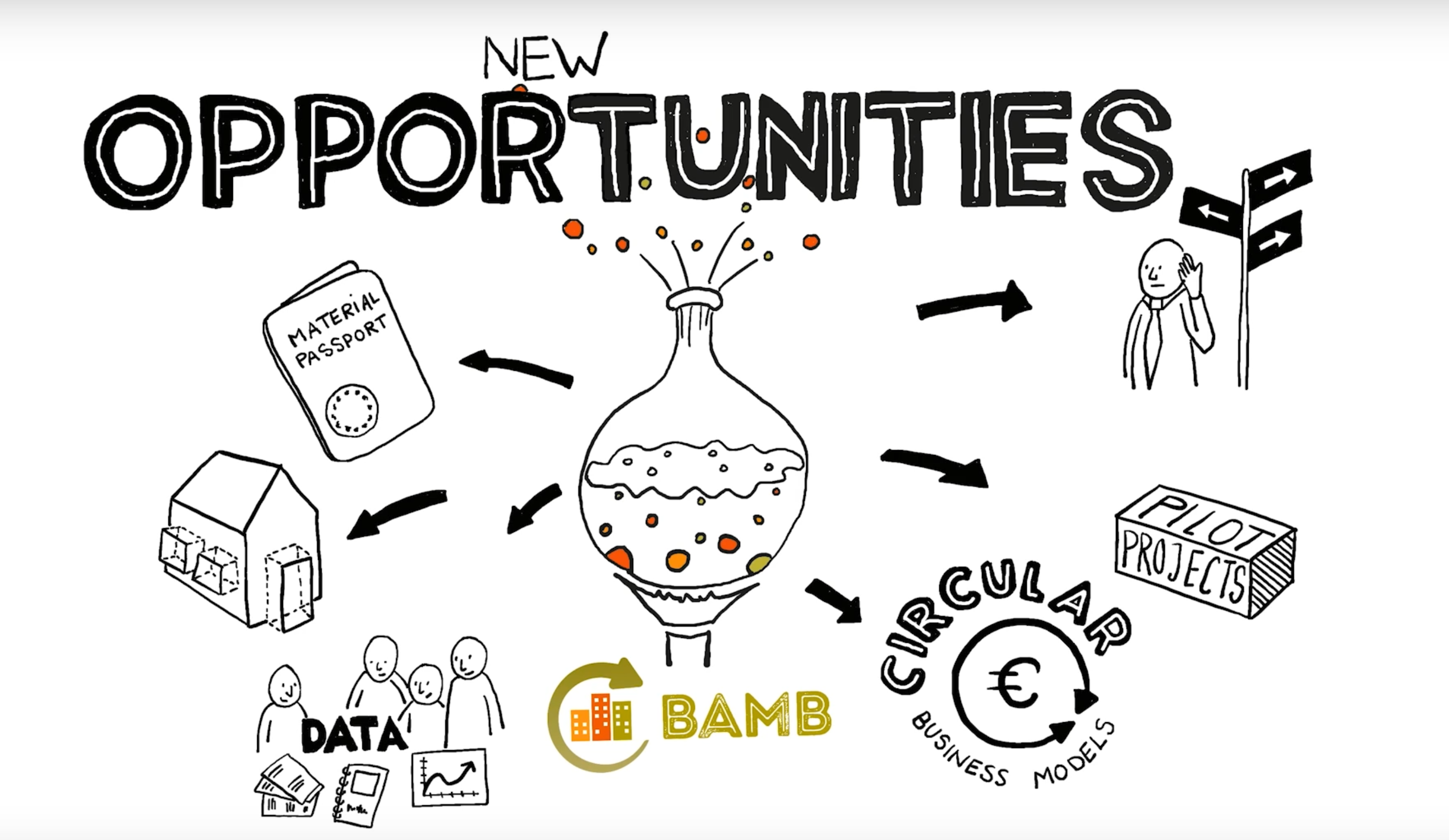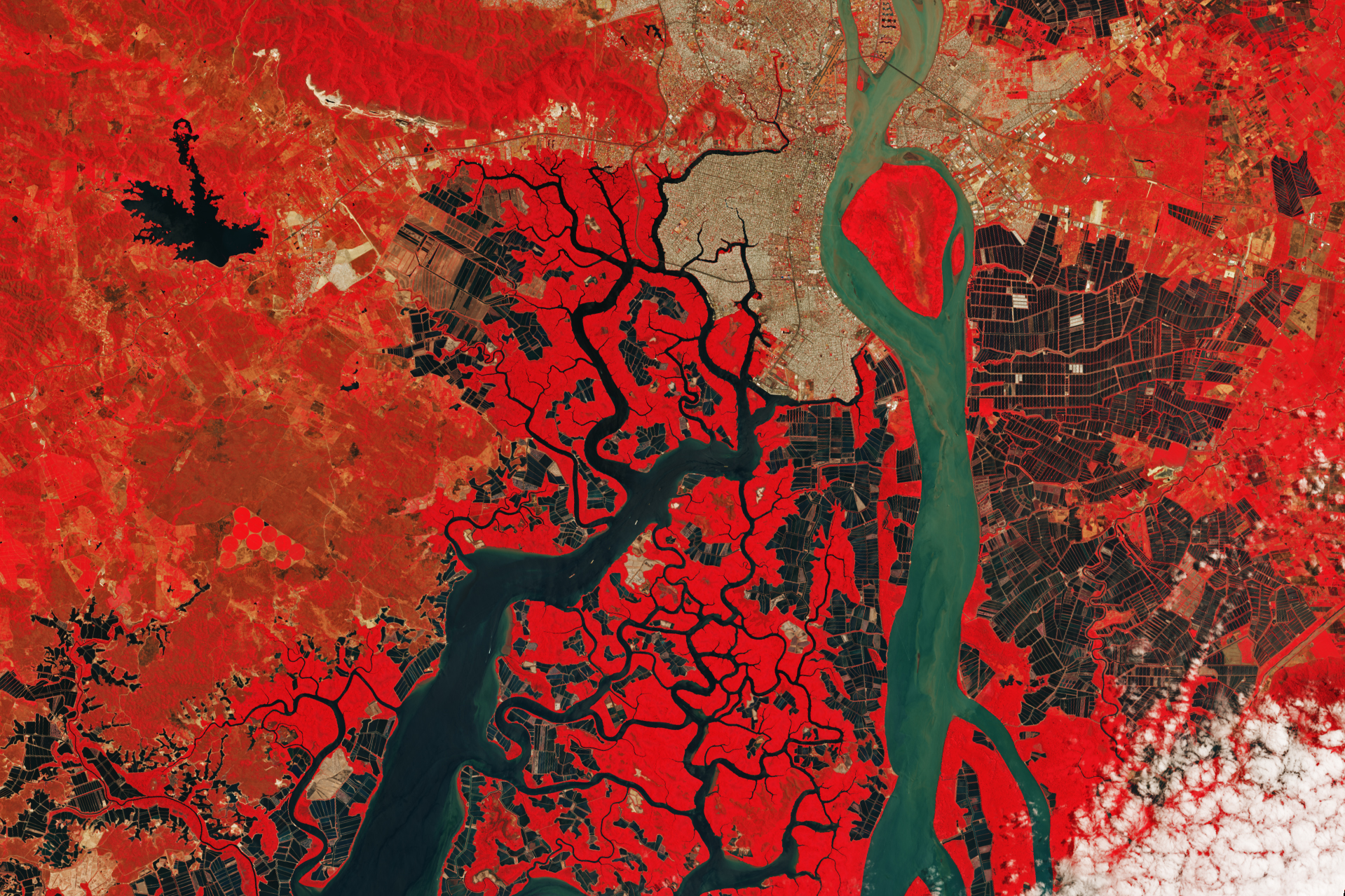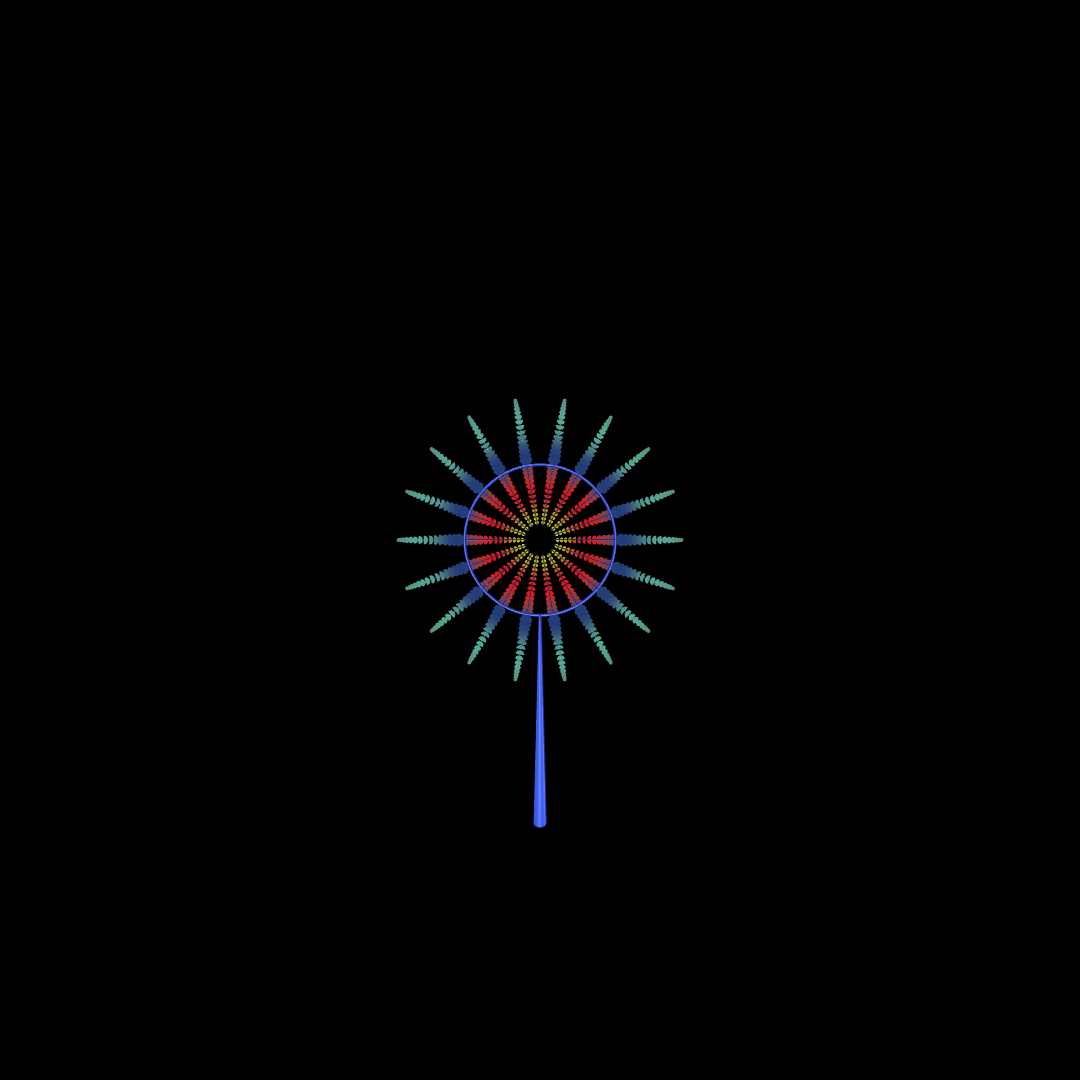Close Reading: a space tragedy
An Analysis / Interpretation on Katherine Hayles, ‘How We Read’, ADE Bulletin 150 (2010), pp. 62-79 Close Reading in our brave new world seems to be, indeed, an act of bravery—rarely practiced and disfavored by contemporary multimedia. Technology has stripped reading of its old contemplative value, scattering it across illuminated fields of tabs and battering … Read more









